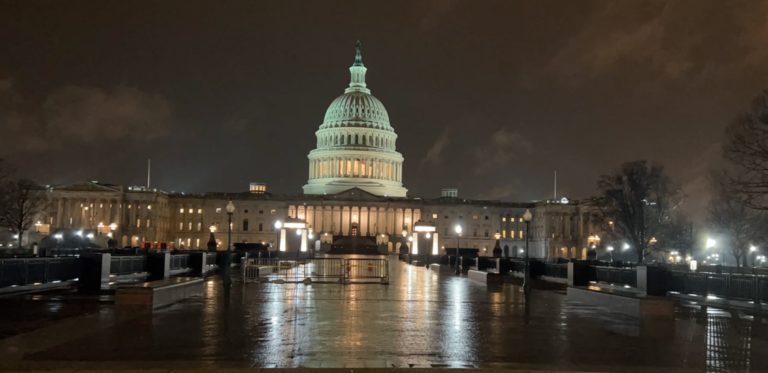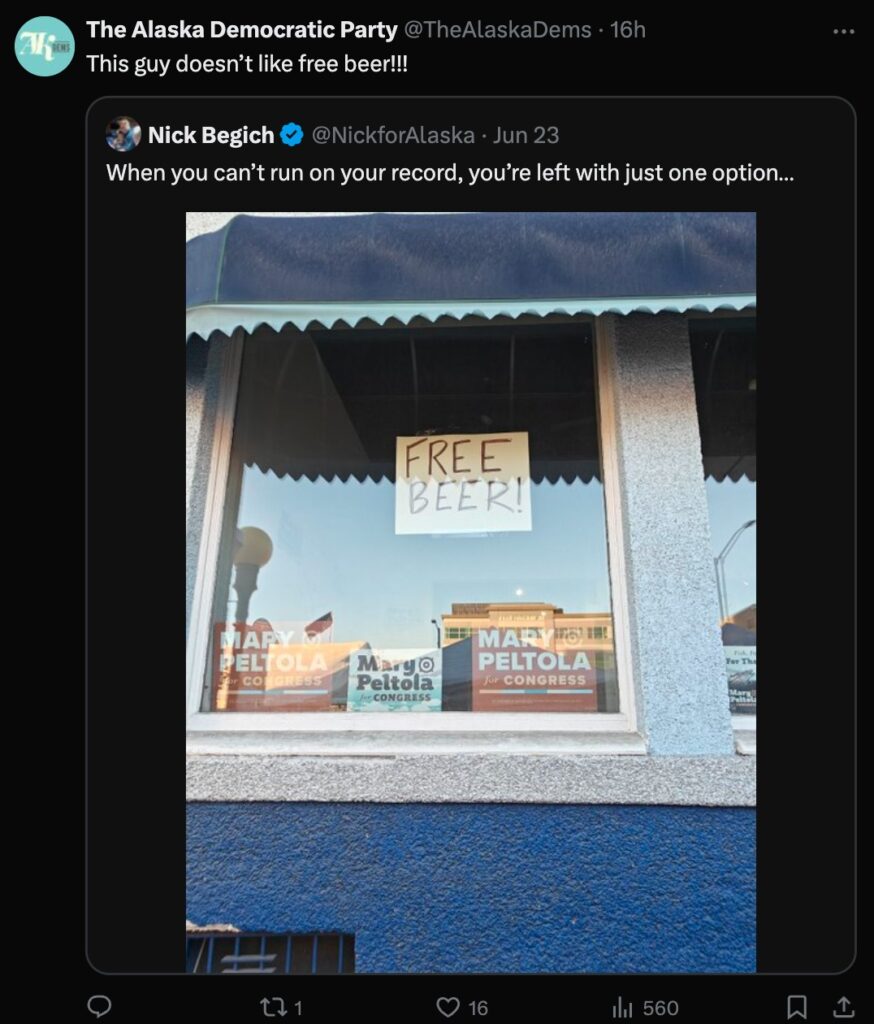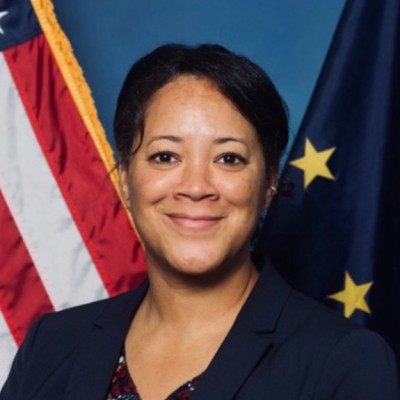By MATT COLE
My old employer CalPERS just suffered a humiliating defeat in its vote against Exxon’s board of directors.
Its losing streak continued last week when the House Judiciary Committee grilled it over the Climate Action 100+ “climate cartel,” which helps pension funds like CalPERS coordinate with asset managers and non-profits to kill fossil fuels.
CalPERS is the group’s brains and brawn, founding it and using its $500 billion weight to pressure companies like Exxon to fall in line. Here are five questions I wish Congress had asked it.
- What is the investment case that cutting fossil fuel production will increase Exxon shareholders’ returns?
Interim CIO Dan Bienvenue began by asserting “Climate change is an existential risk” and answered questions about CalPERS’ anti-fossil fuel actions by repeating “Climate change is real.” Clearly, CalPERS wants to portray all opposition to its activism as disagreement with science itself. But there’s a long leap between the claim that climate change is real and the conclusion that producing less oil will make an oil company more money.
Scientists don’t say climate change is an existential risk: as one review of the research puts it, “a century of climate change is about as bad as losing a year of economic growth.” Ending fossil fuel use would cost an energy-starved world far more, especially as AI guzzles electricity. The argument that Exxon must destroy its business to save it is political, not financial. Congress could expose that if it pressed the activists for hard evidence instead of ceding them the scientific high ground.
- Would CalPERS ever use its ownership in oil companies to artificially boost its green energy investments?
If cutting oil and gas production doesn’t make the Exxons and Chevrons of the world more money, who does it benefit? The green energy industry CalPERS recently pledged to invest $100 billion in.
In early 2023, California released SB 252, which required CalPERS to divest from fossil fuels. The pension opposed it, rightly noting that divesting over social goals would hurt its returns but affirming its “strong commitment to the reduction of GHG emissions.” Half a year later, it made its gigantic climate solutions promise.
The Judiciary Committee focused on Climate Action 100+’s war on fossil fuels, but that goes hand-in-hand with its attempt to artificially drive demand to wind and solar energy, which raises its own issues about fiduciary duty and anticompetitive behavior. I asked CalPERS’ PR chief about this conflict of interest in a public exchange—no answer. Maybe Congress would have better luck.
- Where’s that $100 billion in new green investments coming from?
The math is simple: CalPERS has $500 billion, which is already invested in a variety of assets it presumably believes will maximize risk-adjusted returns. It doesn’t have a spare $100 billion for green investments lying around. Asset allocation is a zero-sum game: if it puts 20% of its portfolio into climate solutions, it has to take it from somewhere else. Where, and at what cost? If divesting from an industry hurts portfolio returns, as CalPERS learned when it missed out on almost $4 billion by divesting from tobacco, shifting massive assets from some classes into one politically favored one amounts to the same thing.
- If CalPERS’ DEI practices are about ensuring diversity of perspective, why does it only measure diversity of race and gender? Does it believe different races think differently?
Bienvenue repeatedly refused to answer direct questions about whether CalPERS ever votes for or against board directors based on their skin color. Doing so would be, well, obviously racist. This should’ve been a softball.
The Committee can press the question by zeroing in on the fact that the “key highlights” of CalPERS’ DEI investments report only highlights diversity related to race, gender, and “historically underrepresented groups.” It doesn’t identify a single example of voting or engaging to improve diversity of “skill sets” or “competencies,” unless you define those through the lens of race or gender.
Does CalPERS govern its portfolio companies on the theory that men are from Mars and women are from Venus? Does it assume that white people and black people have different skill sets and competencies? Its beneficiaries deserve to know.
- If all this ESG investing is about making money, why are your returns so low?
Those beneficiaries, current and would-be retirees, are the ones who ultimately pay for all these wasteful experiments in ESG investing. CalPERS has made a habit of underperformance: it reported a 5.8% return last year, in-line with its 5-year average. That falls far short of the roughly 7% it needs to hit to meet its future obligations—on its current course, it’s on-track to meet only 72% of its retirees’ funding needs.
That chasm was the reality I struggled to defy every day as a CalPERS portfolio manager. The absence of any urgency to close it was why I had to leave to defend our capitalist system elsewhere. ESG investing promises nebulous profits in some far-off future, but my friends and family whose retirements rely on CalPERS need it to perform better today instead of doubling down on its money-losing ways.
Matt Cole is CEO at Strive Asset Management. This column originally appeared in Real Clear Energy and is published here with the permission of the author.












